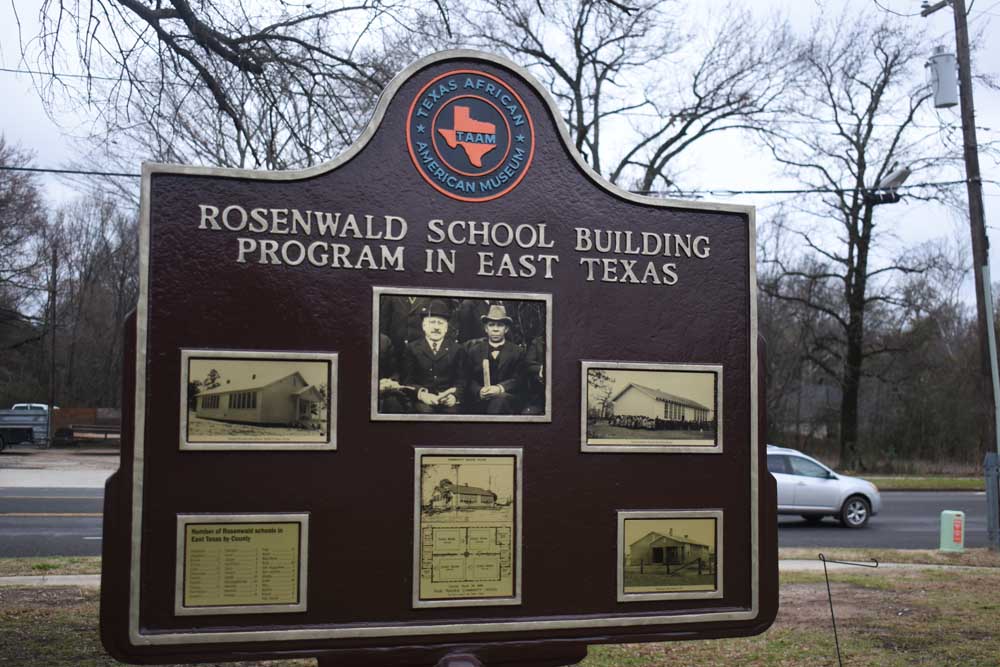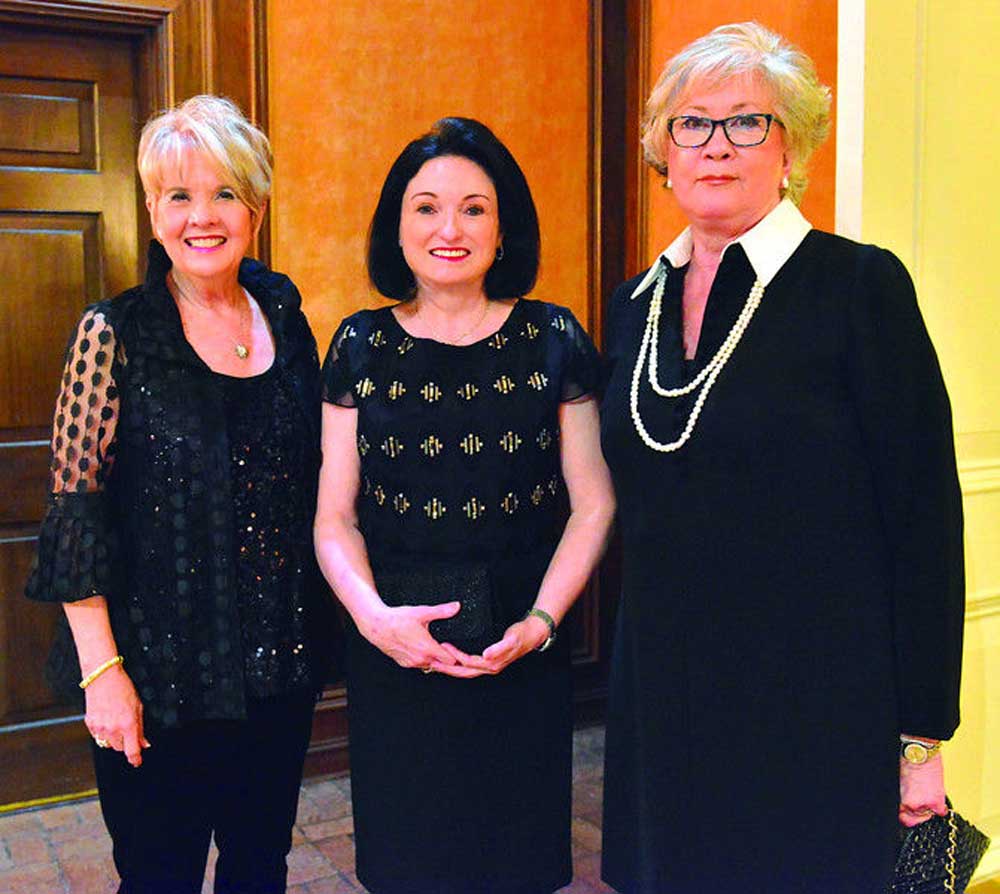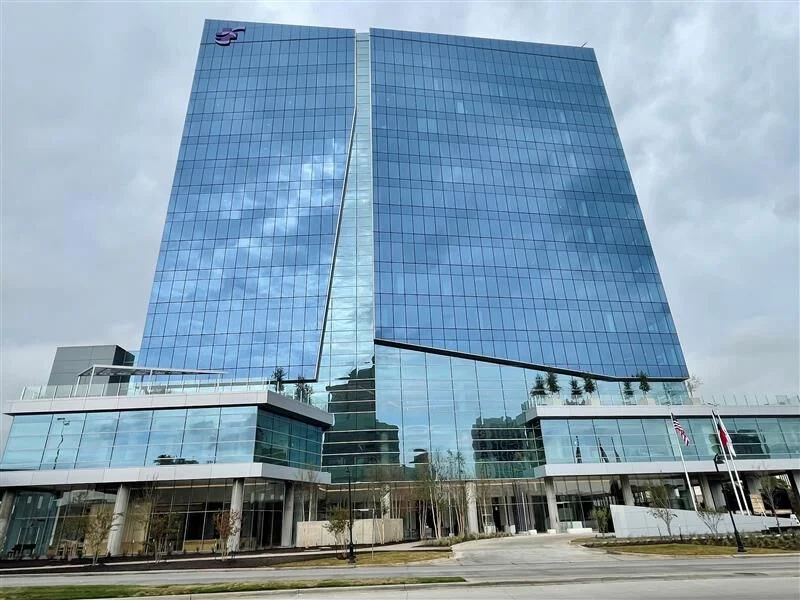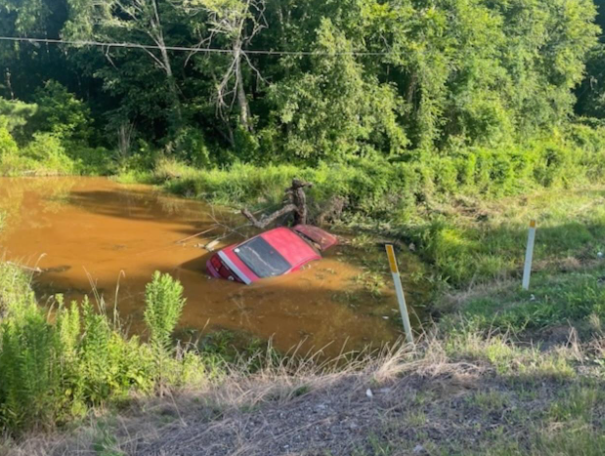Historical marker for Rosenwald Schools unveiled at Tyler’s Texas African American Museum
Published 5:45 am Sunday, February 4, 2024

- More information can be found about Rosenwald Schools is seen on the back of the historical marker.
On a cloudy, gray Saturday afternoon, people gathered outside the Texas African American Museum in Tyler for the unveiling of a historical marker commemorating Smith County’s 17 Rosenwald Schools.
The Rosenwald Schools were funded by Jewish philanthropist Julius Rosenwald in partnership with Booker T. Washington to help address education gaps for Black Americans in the rural South after the Civil War. The historical marker was donated by the Jewish American Society for Historic Preservation.
In attendance at Saturday’s unveiling were local community members including historians and political candidates Ralph Caraway Jr. and Willie Mims.
East Texas historian Greg Muckelroy has been researching the schools for 15 years and working to get them recognized through historical markers.
“I’ve learned so much about the program, but what I’ve always done is I pretty much worked isolated kind of by myself,” Muckelroy said. “When I met Gloria (Mays Washington) over here, that was an opportunity because this is the only African-American museum between Shreveport and Dallas. So I’m so happy that Stanley (Cofer) and Gloria have opened up the door to allow us to tell more of the stories of African Americans in this area.”
Washington, Texas African American Museum executive director, talked Saturday about learning about Butler College, an Historically Black College and University, that closed and was located where she lives in Tyler.
Some of the teachers who taught at the Rosenwald Schools were educated at HBCUs.
“Most of those schools are not still standing, but the community is still there,” Washington said.
Katrena Scoggins, 60, of Tyler, moved back to the city three years ago. For Scoggins, learning about Black history is important. She was in second grade when schools were desegregated and recalls it impacted her as a girl.
“It was a really difficult, tumultuous time and had a great impact on me as a Black kid going into the second grade here,” Scoggins said. “The history of the town, how the town’s changed, how it’s not changed, and then how I can contribute to it in a way now that’s meaningful to Black history, finding my roots and my family and passing that information on in a way that’s meaningful.”
In high school, she went to what was formerly known as Robert E. Lee High School. While there, she was on the track team. She recalls it bothered her every single day to wear the uniform. In 2020, she marched with protesters and recalled a young high school Black girl who protested against the schools name.
“It never occurred to me that I could make such a difference the way that young girl did, and she ultimately got the name of that school changed,” Scoggins said. “So that’s part of what drove me out here today. We’re at a moment of change that can be made knowing the history of things because if you don’t know it, you don’t know why things are the way they are.
“Perhaps if I had known this in school on that track team maybe I would have been that young girl in that uniform that demanded change. Because Rosenwald had the courage to do this, maybe had I known this it would have inspired me.”






